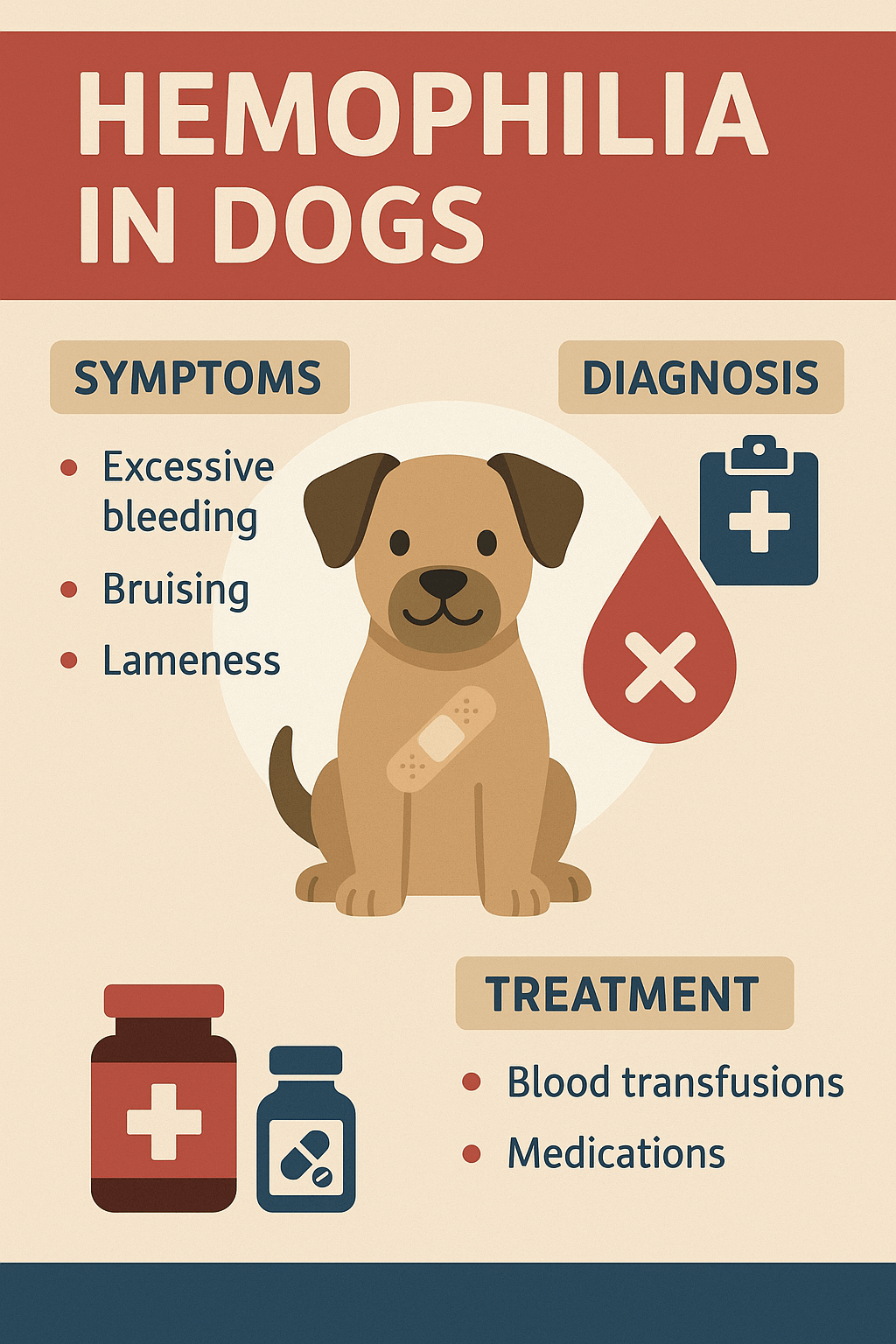What Is the Smartest Dog Breed?
When it comes to canine intelligence, some dog breeds stand out for their problem-solving skills, trainability, and ability to learn commands quickly. But what makes a dog breed “smart”? Intelligence in dogs can be categorized into three main areas: instinctive intelligence (their natural abilities), adaptive intelligence (problem-solving and learning from experiences), and obedience intelligence (how well they follow commands).
While every dog has its unique personality and talents, certain breeds consistently rank at the top of the intelligence scale. In this blog post, we’ll explore the smartest dog breeds, their characteristics, and how you can nurture their intellect to build a strong bond with your furry companion.
Top Smartest Dog Breeds and Their Unique Traits
The smartest dog breeds are not only quick learners but also excel in specific roles like herding, hunting, or companionship. Here’s a look at some of the most intelligent breeds and what sets them apart.
Border Collie:
Known as the ultimate working dog, Border Collies are unmatched in their ability to herd livestock and learn complex commands.Poodle:
Poodles are highly trainable and versatile, excelling in tasks ranging from agility competitions to therapy work.German Shepherd:
Renowned for their loyalty and courage, German Shepherds are often used in police and military roles due to their intelligence and discipline.Golden Retriever:
Friendly and eager to please, Golden Retrievers are not only smart but also make excellent family pets and service dogs.Doberman Pinscher:
With sharp instincts and a strong protective nature, Dobermans are both intelligent and vigilant, making them ideal guard dogs.
These breeds showcase a remarkable combination of intelligence, adaptability, and temperament, making them favorites among dog enthusiasts worldwide.
How to Nurture Your Dog’s Intelligence
Even the smartest dog breeds need mental stimulation and training to reach their full potential. Here are some tips to help you nurture your dog’s intellect and keep them engaged.
Provide Regular Training Sessions:
Short, consistent training sessions help reinforce commands and challenge your dog’s cognitive abilities.Use Positive Reinforcement:
Reward your dog with treats, praise, or playtime to encourage good behavior and motivate them to learn.Introduce Puzzle Toys:
Interactive toys that dispense treats or require problem-solving keep your dog mentally sharp and entertained.Engage in Physical Activities:
Combining physical exercise with mental challenges, such as agility courses, boosts both fitness and intelligence.Teach New Tricks Frequently:
Dogs love learning, so teaching them new tricks regularly keeps their minds active and strengthens your bond.
By incorporating these practices into your routine, you can ensure your dog remains happy, healthy, and intellectually stimulated.
Check this guide 👉Dog IQ: Best 7 Tips to Boost Your Pet’s Intelligence!
Check this guide 👉Medium Energy Dog Breeds: Best 7 Expert Tips!
Check this guide 👉Brachycephalic Dog Breeds: Best 7 Expert Tips!

Smartest Dog Breeds | Best Roles/Skills |
|---|---|
Border Collie | Herding, obedience, agility |
Poodle | Service work, therapy, water sports |
German Shepherd | Police work, search and rescue |
Golden Retriever | Family pet, service dog, hunting |
Doberman Pinscher | Guard dog, protection, companionship |
Challenges of Owning a Smart Dog Breed
While owning a highly intelligent dog can be rewarding, it also comes with its own set of challenges. Understanding these potential issues will help you prepare for life with a smart dog.
High Energy Levels:
Intelligent breeds often have boundless energy and require plenty of exercise to stay calm and content.Need for Mental Stimulation:
Without adequate mental challenges, smart dogs may become bored and develop destructive behaviors like chewing or digging.Strong-Willed Nature:
Some intelligent breeds, like the Border Collie or Poodle, can be stubborn and test boundaries if not properly trained.Separation Anxiety:
Smart dogs form strong bonds with their owners and may struggle with being left alone for long periods.Training Consistency Required:
Intelligent dogs thrive on structure, so inconsistent training methods can lead to confusion and frustration.
Addressing these challenges with patience and dedication ensures a harmonious relationship with your clever canine companion.
Signs Your Dog Is Exceptionally Smart
Wondering if your dog is truly one of the smartest? Look for these telltale signs that indicate high intelligence in dogs.
Quick Learner:
If your dog picks up commands in just a few repetitions, it’s a clear sign of their cognitive prowess.Problem-Solving Skills:
Smart dogs often figure out how to open doors, escape crates, or find hidden treats using logic and observation.Awareness of Surroundings:
Highly intelligent dogs are alert and attentive, noticing subtle changes in their environment or routines.Empathy Toward Humans:
Many smart breeds can sense their owner’s emotions and respond accordingly, offering comfort when needed.Independent Thinking:
Some dogs demonstrate the ability to make decisions on their own, such as finding shortcuts during walks or solving puzzles.
Recognizing these traits helps you appreciate your dog’s unique intelligence and tailor activities to suit their abilities.
Activities to Keep Smart Dogs Engaged
Smart dogs thrive on mental and physical challenges. These activities are designed to keep their minds sharp and bodies active.
Agility Courses:
Set up an obstacle course in your backyard to combine exercise with problem-solving fun.Hide-and-Seek Games:
Hide treats or toys around the house and encourage your dog to find them using their nose.Obedience Classes:
Enroll your dog in advanced obedience training to refine their skills and socialize with other dogs.Interactive Feeders:
Use feeders that require your dog to solve puzzles to access their food, turning mealtime into a brain workout.Scent Work:
Teach your dog to identify specific scents, mimicking real-world detection tasks used by working dogs.
These activities provide endless entertainment while keeping your dog mentally sharp and physically fit.
Common Misconceptions About Smart Dog Breeds
There are several myths surrounding smart dog breeds that deserve clarification. Understanding the truth helps set realistic expectations.
Myth: Smart dogs don’t need much training.
Reality: Even smart dogs require consistent training to channel their intelligence effectively.Myth: All smart dogs are easygoing.
Reality: Many intelligent breeds are energetic and need plenty of outlets for their drive.Myth: Smart dogs are low-maintenance.
Reality: Their intelligence means they demand more attention and engagement than less intelligent breeds.Myth: Only pedigree dogs are smart.
Reality: Mixed-breed dogs can also display remarkable intelligence and adaptability.Myth: Smart dogs are always obedient.
Reality: Some highly intelligent dogs can be independent thinkers, requiring extra patience during training.
Dispelling these misconceptions ensures you approach smart dog ownership with clarity and confidence.
Tips for Choosing the Right Smart Dog Breed for You
Selecting a smart dog breed involves considering your lifestyle, preferences, and ability to meet their needs. Here’s how to make the right choice.
Assess Your Activity Level:
High-energy breeds like Border Collies need active owners who can match their stamina.Consider Space Requirements:
Large breeds like German Shepherds require ample room to move, while smaller breeds like Poodles adapt better to apartments.Evaluate Time Commitment:
Smart dogs demand significant time for training, play, and companionship—ensure you can dedicate enough hours daily.Think About Grooming Needs:
Some intelligent breeds, like Poodles, have high grooming requirements, which may influence your decision.Research Temperament Traits:
Each breed has unique personality quirks; choose one whose temperament aligns with your household dynamics.
Taking these factors into account ensures you find a smart dog breed that fits seamlessly into your life.
Frequently Asked Questions About Smart Dog Breeds
What defines a dog as “smart”?
A smart dog is one that excels in obedience, problem-solving, and learning new commands quickly.
Are smart dogs easier to train?
Generally, yes—but they require consistency and mental stimulation to stay engaged.
Can less intelligent breeds still be great pets?
Absolutely! Intelligence isn’t the only factor in determining a dog’s suitability as a companion.
Do smart dogs get bored easily?
Yes, without proper mental and physical stimulation, smart dogs may become restless or destructive.
Which smart breed is best for families?
Golden Retrievers and Poodles are popular choices for families due to their friendly and trainable nature.
Celebrating the Intelligence of Our Furry Friends
The world of smart dog breeds is as fascinating as it is diverse. From the tireless work ethic of Border Collies to the gentle companionship of Golden Retrievers, each breed brings something special to the table. By understanding their unique needs and nurturing their intelligence, you can create a fulfilling partnership with your dog. Whether you’re looking for a loyal protector, a diligent worker, or a loving family pet, there’s a smart breed out there that’s perfect for you. Remember, every dog deserves care, attention, and love—so cherish the journey of discovering what makes your pup truly exceptional.
Rimadyl for Dogs: Best 7 Expert Tips! Discover expert advice on using Rimadyl safely, managing pain, and improving your dog’s mobility with trusted veterinary insights.
Can Dogs Have Tylenol for Pain? Best 7 Expert Tips! Discover the risks, safe alternatives, and expert advice on managing your dog’s pain effectively while avoiding harmful medications.
Understanding Hemophilia in Dogs: Best 7 Expert Tips! Discover expert advice on managing hemophilia, recognizing symptoms, and ensuring your dog’s well-being with practical care strategies.
Understanding Dog Sensitive Skin: Best 7 Expert Tips! Discover expert advice on managing dog sensitive skin, relieving irritation, and improving your pup’s comfort with practical solutions.





